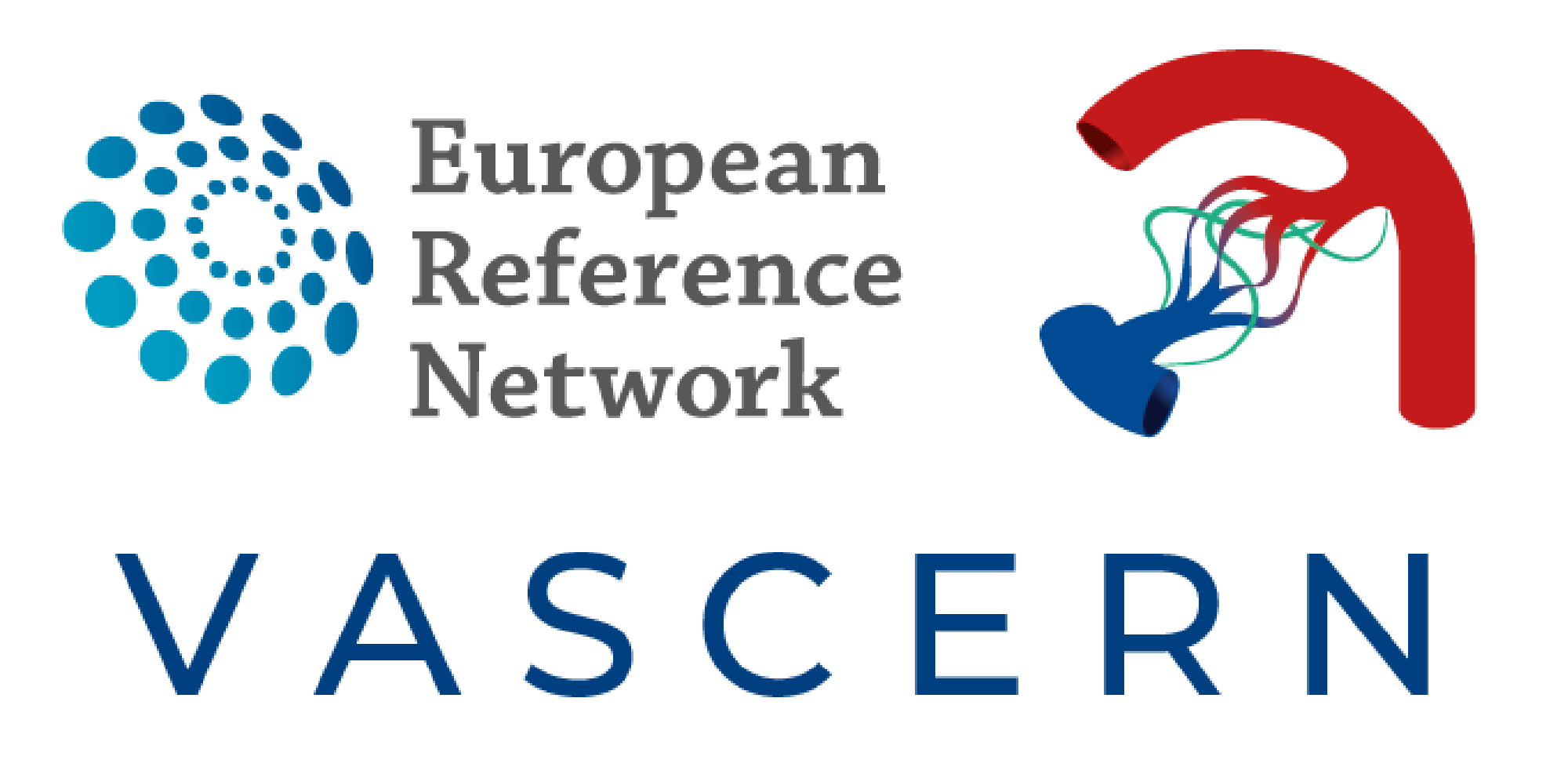Rare diseases are challenging to treat because there is often a lack of specialist knowledge and treatment options. Across Europe, people with rare diseases don’t always get the care they need at local or national levels. To address this, initiatives like the European Reference Networks (ERNs) and the new EU Joint Action on Integrating ERNs into National Health Systems, known as JARDIN, have been created.
What is JARDIN?
JARDIN is a three-year European landmark project, co-funded by the European Union and the member states under the EU4Health Programme with a budget of €18.75 million. It was created to bridge the gap between ERNs and national health systems, improving care for rare and complex conditions. For a detailed description, please consult the Description of Action. JARDIN focuses on:
- Enhancing national support for expert centers involved in ERNs.
- Optimizing care pathways and referral systems.
- Creating national networks for undiagnosed conditions connected to ERNs.
- Improving health data sharing across local, national, and European levels.
The importance of JARDIN
JARDIN addresses key issues such as:
- Fragmented national governance systems.
- Lack of awareness and validated methodologies.
- Inadequate referral systems and support for Expert Centres.
By offering solutions and recommendations, JARDIN aims to create a seamless care system for people with rare diseases, leading to better health outcomes.
For more details about JARDIN, read an article from EURORDIS here.

